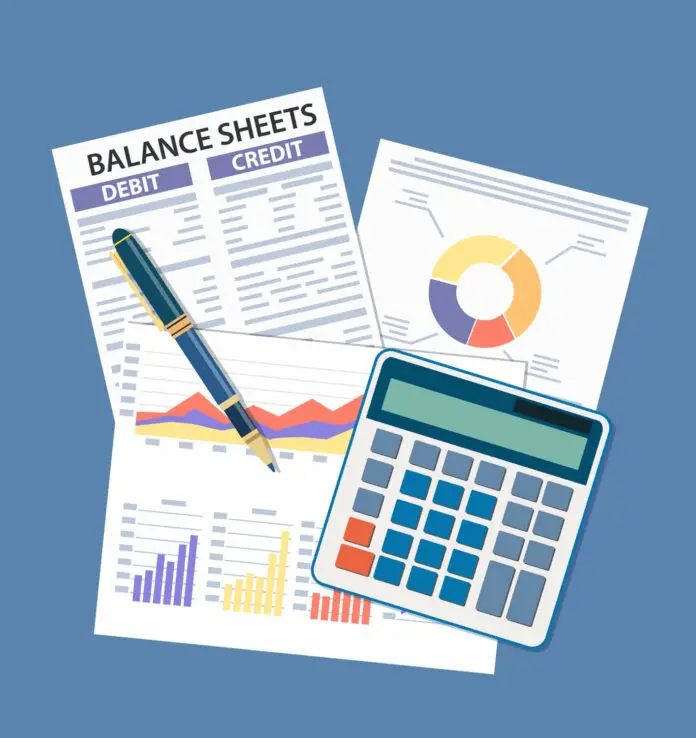Some firms operate based on liabilities; two industries where liability is common practice are subscription-based businesses and online services. Examples of deferred revenue include rent payments you receive in advance, prepayment an organization may receive for newspaper subscriptions, prepaid insurance, or annual prepayment that a software-as-a-service (SaaS) company receives to enable a client to use their software.
To a firm, liability can be revenue or income your business receives that your firm is yet to earn; the revenue recognition principle stipulates that you only recognize revenue when earned successfully by delivering a good or service.
Any cash you collect before delivering a good or service can become a liability and must go into deferred revenue. Deferred revenue can have a significant impact on a company’s balance sheet.
What is deferred revenue meaning? Essentially, deferred revenue is money your company receives in advance for goods or services you are yet to deliver.
Your company must provide these goods or services in the future; if you fail to deliver the products or services within the agreed time, the revenue you have accrued into your account is considered “deferred” and can become a liability because you have to either refund the cash or still deliver the good or service at a higher cost.
On your company’s balance sheet, you must list deferred revenue as a liability and subtract it from the total revenue. The firm’s total income will be lower than it would be if you had immediately recognized all the cash you have.
You will notice that your firm’s cash balance will be higher since the company has received payment for goods or services you must deliver. Your company’s actual revenue is quite different from deferred revenue; if you still have to supply a good or service and have received the money, it is unearned revenue, and you should not recognize such money as revenue to your firm.
Deferred revenue means you have recognized the payment and have yet to deliver the goods or services. With the generally accepted accounting principles (GAAP), you must ensure accounting methods and provisions that enhance accounting conservatism.
Accounting conservatism stipulates the firm is reporting the lowest possible profit. If your company posts revenue conservatively, you will only recognize earned revenue when you have completed the delivery of goods or services to have a total claim to the money and once the likelihood of payment is certain.
The ideal thing for a firm is that as it delivers goods or services, it can move any deferred revenue on the balance sheet to “earned.” You will be practising aggressive accounting if you quickly categorize deferred revenue as earned income or simply decide to bypass the deferred revenue account altogether and post it directly to “earned revenue” on the income statement.
You should report any deferred revenue as a current liability on your company’s balance sheet, knowing that prepayment terms are typically for 12 months or less. If, on the other hand, your client made an up-front prepayment for goods or services you have to deliver over several years, the portion of the payment that pertains to services or products you need to supply after 12 months from the payment date must move in your balance sheet to deferred revenue under the long-term liability section.
Difference between deferred revenue and Can You Have accrual accounting
It’s possible for a firm to supply goods or services before receiving payment; in such an instance, you record it under accrual accounting. You can safely conclude that accrual accounting is the opposite of deferred revenue since the firm has already supplied the goods or services before the client makes the payment.
Conclusion
The impact deferred revenue can have on an organization’s income statement can be significant; investors and analysts need to understand how to account for deferred revenue and ensure the balance sheet and income statement reflect the real picture of the organization’s financial health.
Once you list deferred revenue as a liability on the balance sheet, you know you have received the payment but still have to supply the product or service. It’s an obligation the organization must try to fulfil sometime in the future; the liability aspect of deferred revenue can arise from changes in the market prices of raw materials you need to produce a particular product that a client has previously paid for in advance.
Since you have not delivered the goods or services, you must consider the revenue “deferred.” Stating that deferred revenue is a liability on the organization’s balance sheet puts you on your toes; you have received payment and must ensure you fulfil the orders to earn the money. Once you know your company must deliver goods or services clients have paid for in the future, you will consider the revenue as “deferred.

